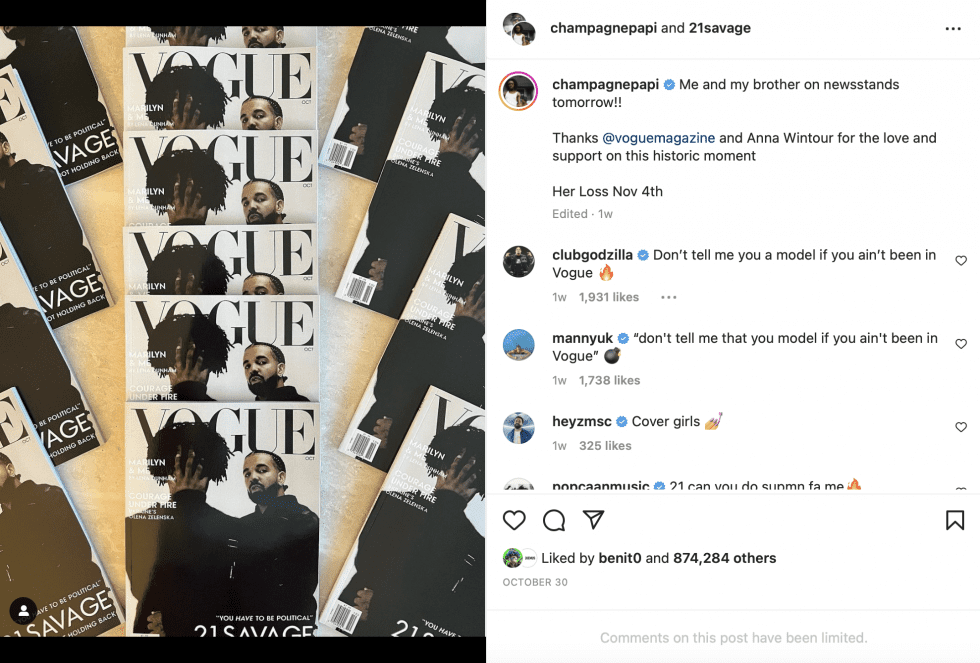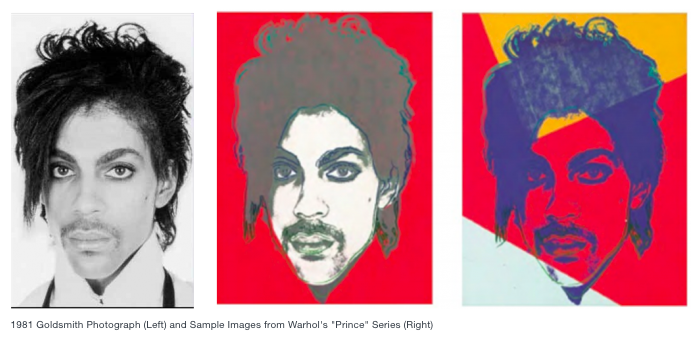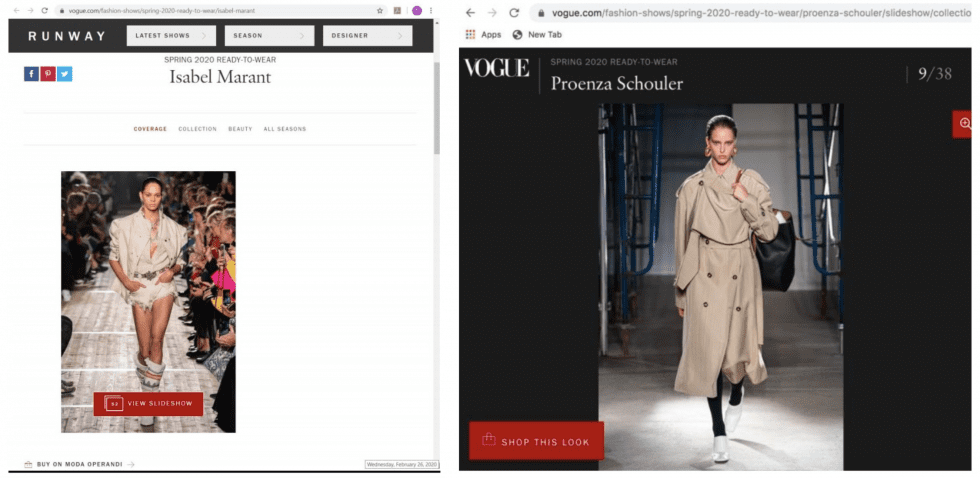Deep Dives
The retail and tech sectors are rife with legal battles that pit industry occupants – from luxury brands and resale players to sportswear titans and tech startups – and oftentimes, valuable elements of their branding and critical elements business models against one another. With the new year well underway, here is a look at an array of the currently pending lawsuits that are worth keeping a close eye on, as companies continue to clash over the use of their trademarks in connection with the marketing and sale of non-fungible tokens (“NFTs”), questions arise at the intersection of copyright law and AI-generated artwork, former crypto darlings fall from grace (potentially implicating their famous endorsers in the process), and celebrities and other big companies face off against reverse confusion-focused suits.
Artificial intelligence (“AI”) artwork generators garnered a notable amount of attention in 2022 and have continued to do so this year, giving rise to nuanced legal questions for courts – and potentially, Congress. The ability of these AI systems to generate artistic outputs with little (if any human) contribution is presenting legal questions, namely, in the copyright registration and infringement vein. These issues are reflected in the following lawsuits …
– Thaler v. Shira Perlmutter, et al.
– Anderson, et al., v. Stability AI LTD., et al.
– J. DOE 3, et al., v. GitHub, Inc. et al.
– And to some extent … Yuga Labs, Inc. v. Ryder Ripps, et al.
Bad Spaniels is slated to get the Supreme Court treatment this year, with the nation’s highest court agreeing to take on the case, in which Jack Daniel’s has accused VIP Products of TM infringement in connection with the sale of dog toys that resemble a bottle of its Old No. 7 Black Label Tennessee Whiskey. SCOTUS’ certiorari grant comes on the heels of the U.S. Court of Appeals for the Ninth Circuit holding in March 2020 that the toy is an expressive work entitled to First Amendment protection. While SCOTUS previously refused to take on the case, it granted certiorari this time around on two questions: (1) Whether humorous use of another’s trademark as one’s own on a commercial product is subject to the Lanham Act’s traditional likelihood-of-confusion analysis, or instead receives heightened First Amendment protection from trademark-infringement claims? and (2) Whether humorous use of another’s mark as one’s own on a commercial product is “noncommercial” under 15 U.S.C. § 1125(c)(3)(C), thus barring as a matter of law a claim of dilution by tarnishment under the Trademark Dilution Revision Act?
At the same time, a separate TM case, which Vans waged against MSCHF, is being directly impacted by the Jack Daniel’s impending day in court. On the heels of oral arguments, which took place in September, the Second Circuit stayed further proceedings in Vans v. MSCHF until SCOTUS issues an opinion in Bad Spaniels.
Drake and 21 Savage landed on the receiving end of an interesting lawsuit in 2022, with Vogue’s parent company Condé Nast suing the two rappers for allegedly using the magazine’s name as part of a “widespread promotional campaign.” According to Condé’s Nov. 2022 complaint, Drake and 21 Savage have promoted their album Her Loss by way of a campaign “built entirely on the use of the VOGUE TMs and the premise that Drake and 21 Savage would be featured on the cover of Vogue’s next issue.” The problem, according to Condé: “All of this is false,” and no part of the “deceptive campaign” has been authorized” by the Vogue TM holder.
The latest development in the case: SDNY Judge Jed Rakoff put a TRO and preliminary injunction in place, blocking Drake and 21 Savage from using the Vogue mark to promote their album.

A growing number of lawsuits over NFTs are raising novel legal questions, while also parlaying some of brands’ biggest “real world” issues into the virtual world. The key cases on this front include …
– Nike v. StockX – Nike is suing StockX for TM infringement, dilution counterfeiting, etc. over its sale of NFTs tied to allegedly authenticated Nike sneakers. While Nike asserts that such use of its marks in connection with the NFTs runs afoul of TM law, StockX claims that the NFTs are merely claim tickets or digital receipts for the tangible Nike goods, and thus, it should be shielded by the first sale doctrine.
– Hermès v. Rothschild – You can find a detailed timeline of this case – which is slated to go to trial on January 30 – right here.
– Yuga Labs v. Ryder Ripps – Bored Ape Yacht Club creator Yuga Labs claims that Ryder Ripps is on the hook for trademark infringement over the sale of NFTs that point to the very same images that are tied to Yuga’s BAYC NFTs. In addition to co-opting the BAYC jpgs, Yuga alleges that Ripps made use of its TMs to dupe consumers into believing that it has authorized or is affiliated with the RR/BAYC NFTs. Ripps unsuccessfully argued the RR/BAYC project is “a form of ‘appropriation art’” aimed at bringing attention to Yuga’s “use of racist, neo-Nazi, and alt-right messages and imagery” in the BAYC NFTs, and thus, he should be shielded by the First Amendment.
Amid the implosion of FTX, Sam Bankman-Fried and a number of big-name FTX “ambassadors” were named in proposed class action lawsuits over their promotion of the now-bankrupt crypto exchange. Bankman-Fried, Tom Brady, Gisele Bundchen, Stephen Curry, Shaq, Udonis Haslem, David Ortiz, Trevor Lawrence, Shohei Ohtani, Naomi Osaka, Larry David, Kevin O’Leary, and the Golden State Warriors were named in since-consolidated class action complaints lodged with the U.S. District Court for the Southern District of Fla. for allegedly engaging in deceptive and unfair trade practices and civil conspiracy.
SCOTUS agreed to take on the case that Lynn Goldsmith waged against the Andy Warhol Foundation, arguing that Warhol used her photo of Prince to create a derivative work, thereby, engaging in copyright infringement. Following a district court determination that Warhol had “transformed” the original photograph by giving it a new “meaning and message,” the U.S. Court of Appeals for the Second Circuit shot down the Warhol Foundation’s fair use claim on the basis that Warhol’s work was “recognizably derived” from Goldsmith’s photo, and thus, is not transformative.
The question before SCOTUS, which heard arguments in Oct. 2022: “Whether a work of art is ‘transformative’ when it conveys a different meaning or message from its source material (as this Court, the Ninth Circuit, and other courts of appeals have held), or whether a court is forbidden from considering the meaning of the accused work where it ‘recognizably deriv[es] from’ its source material (as the Second Circuit has held)

H&M was named in not one but two proposed class action cases in 2022 over the marketing of its “Conscious” collection. These cases are worth watching out for, as they appear to be indicative of a larger rise of lawsuits stemming from companies’ sustainability/broader ESG claims. Aside from H&M, which is taking heat over its allegedly misleading “sustainability score cards,” as well as for its marketing of its recycling initiative, among other things, beauty retailer Sephora is on the hook for allegedly marketing and selling cosmetics advertised as “Clean” – when no shortage of the products contain ingredients that are “inconsistent with how consumers understand” the term “clean.” And still yet, Zara and its owner Inditex included a false advertising claim in their copyright and unfair competition-centric suit against a retailer that is allegedly passing off Zara wares as its own. From an ESG POV, Zara and Inditex take issue with the defendant’s practice of marketing itself as “socially responsible.”
Condé Nast may have settled the suit accusing it of using images of nearly 50 models in order to depict garments and accessories without those models’ authorization, but Moda Operandi is still on the hook. According to dozens of Next Management-represented models, Moda Operandi and Condé maintained a commercial arrangement that saw them use photos and videos of seasonal runway shows to “steer traffic” to Moda Operandi’s e-commerce site, where consumers could purchase the specific runway looks, all without “seek[ing] or obtain[ing] their prior written consent.” With Condé out of the picture, Moda Operandi is facing more than half of the models’ false endorsement claims, which a New York federal judge kept intact in a Sept. 2021 orde

One of the latest cases centering on the resale market is worthy of attention: Mario Valentino (“MV”) sued Fashionphile in Oct., accusing the reseller of TM infringement, false advertising, and unfair competition. According to the complaint that it filed with the SDNY, MV – a mid-market accessories brand that is not affiliated with the similarly-named luxury brand Valentino, S.p.A. – claims that Fashionphile has been offering up products using MV’s federally-registered “VALENTINO” TM in a manner that is “not authorized to promote goods that were neither manufactured by, purchased from, or authorized by MV in the U.S.” The goods at issue? Authentic accessories made by Valentino, S.p.A.
The bigger picture here: Fashionphile is being pulled into an ongoing clash between Valentino and MV, which are locked in legal battles in the U.S. and Italy over their respective uses of the Valentino TM.
Finally, I dove into these in our H2 2022 review, but again, I have my eye on a few reverse confusion cases, including …
– The case that SKKN+ owner Beauty Concepts LLC filed against Kim Kardashian ahead of the launch of her brand SKKN by Kim last year;
– The case that 8-year-old fashion brand Rhode filed against Hailey Bieber over her skincare brand Rhode; and
– The case that 10-year-old virtual reality company Meta filed against Meta Platforms, Inc. Meta has since filed its answer, denying the bulk of the plaintiff’s claims and setting out defenses, such as good faith, TM misuse, lack of injury, failure to mitigate, etc.